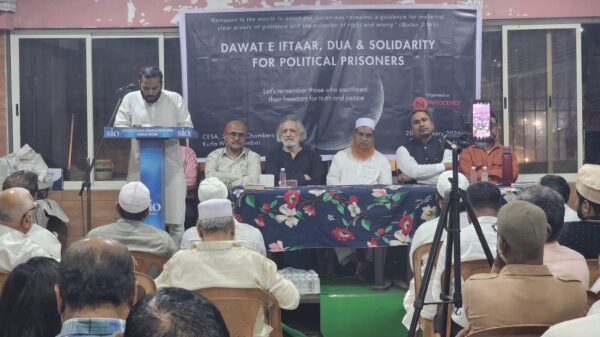The Association for Protection of Civil Rights (APCR) has filed a writ petition against the recently passed the Waqf Amendment Bill (UMEED Bill), saying that it threatens the autonomy and effectiveness of Waqf Boards. Led by Advocate Adeel Ahmad, the legal team argues that the inclusion of Section 40 in the bill violates natural justice and interferes with the existing Waqf Act, 1995, which already provides a strong framework for managing Waqf properties.
“The new law interferes with religious freedom and dilutes the centuries-old purpose of Waqf rooted in the Quran and Hadith,” APCR said in its plea. It added that any mismanagement in the Waqf system could be resolved through reforms, not a “drastic overhaul.”
Dr. Md Jawaid, MP from Kishanganj (Bihar), also moved the top court, stating the Act violates the rights of Muslims. He is represented by advocate Anas Tanwir.
In a separate petition, AIMIM president Asaduddin Owaisi also challenged the Bill in the Supreme Court, with advocate Nizam Pasha handling the case.
“We have challenged all amendments,” Pasha said. “They violate fundamental rights guaranteed under Articles 14, 15, 26, 29, 30, and 300A of the Constitution.”
The All India Muslim Personal Law Board (AIMPLB) condemned the Bill, calling it a “stigma on Indian democracy.” They warned of further legal and public action.
Opposition leaders also criticized the move. Mallikarjun Kharge, Leader of Opposition in Rajya Sabha, said, “This is an unconstitutional bill aimed at suppressing Muslims and grabbing their land for corporate allies.”
The Bill was passed by the Lok Sabha on April 3 and the Rajya Sabha on April 4. It is now awaiting Presidential assent, even as public outrage and legal challenges grow.
































































